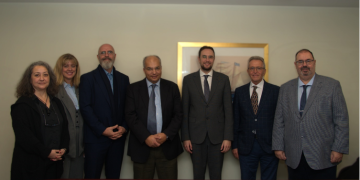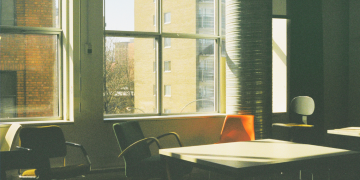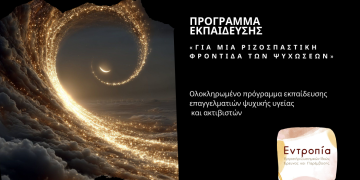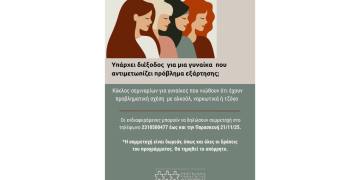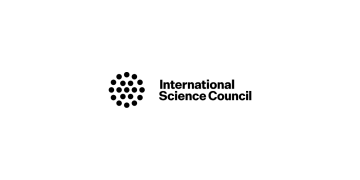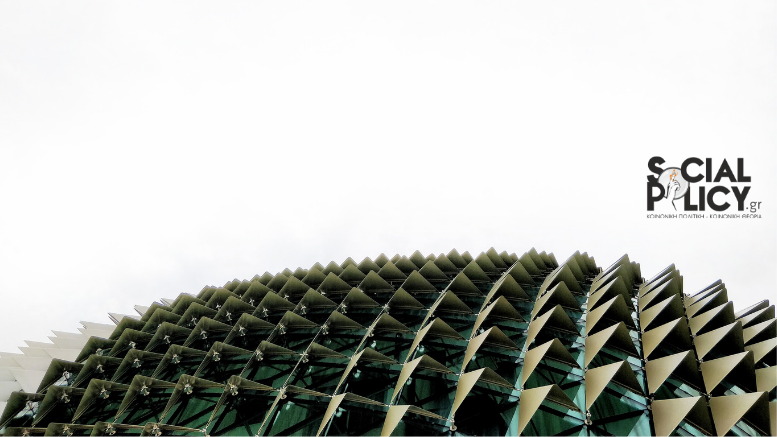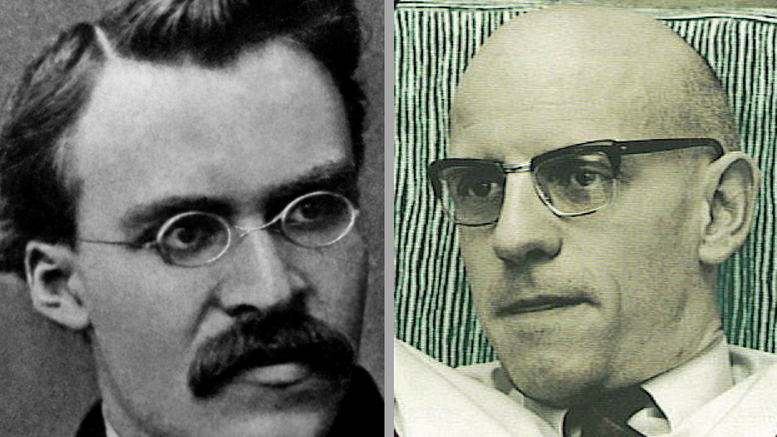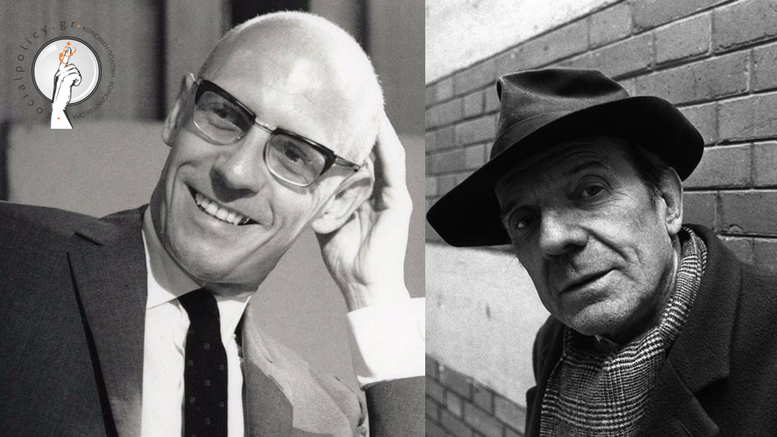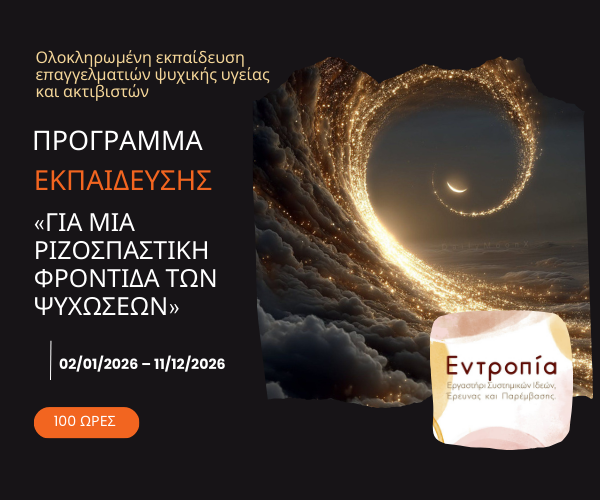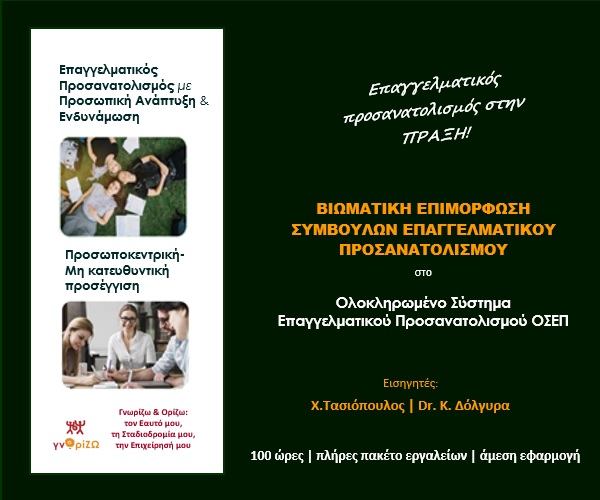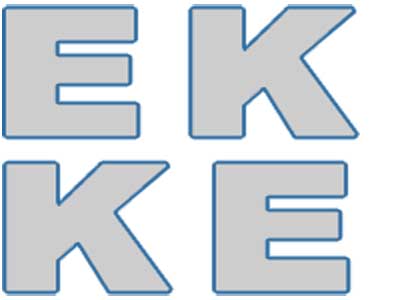THE FREE FIELD —
The contrast between a medicine of pathological spaces and a medicine of the social space was concealed from contemporaries by the visible prestige accorded to a consequence common to both: the removal from the field of all medical institutions that proved unyielding towards the new requirements of the gaze. In fact, an entirely free field of medical experiment had to be constituted, so that the natural needs of the species might emerge unblurred and without trace; it also had to be sufficiently present in its totality and concentrated in its content to allow the formation of an accurate, exhaustive, permanent corpus of knowledge about the health of a population.
This medical field, restored to its pristine truth, pervaded wholly by the gaze, without obstacle and without alteration, is strangely similar, in its implicit geometry, to the social space dreamt of by the Revolution, at least in its original conception: a form homogeneous in each of its regions, constituting a set of equivalent items capable of maintaining constant relations with their entirety, a space of free communication in which the relationship of the parts to the whole was always transposable and reversible.
There is, therefore, a spontaneous and deeply rooted convergence between the requirements of political ideology and those of medical technology. In a concerted effort, doctors and statesmen demand, in a different vocabulary but for essential identical reasons, the suppression of every obstacle to the constitution of this new space: the hospitals, which alter the specific laws governing disease, and which disturb those no less rigorous laws that define relations between property and wealth, poverty and work – the association of doctors which prevents the formation of a centralized medical consciousness, and the free play of an experience that is allowed to reach the universal without imposed limitations; and lastly, the Faculties, which recognize that which is true only in theoretical structures and turn knowledge into a social privilege. Liberty is the vital, unfettered force of truth. It must, therefore, have a world in which the gaze, free of all obstacle, is no longer subjected to the immediate law of truth: the gaze is not faithful to truth, nor subject to it, without asserting, at the same time, a supreme mastery: the gaze that sees is a gaze that dominates: and although it also knows how to subject itself, it dominates its masters:
___________________
Michel Foucault, The Birth of the Clinic, An Archaeology of Medical Perception, pp 44-45, Routledge editions.
Discover more from socialpolicy.gr
Subscribe to get the latest posts sent to your email.










